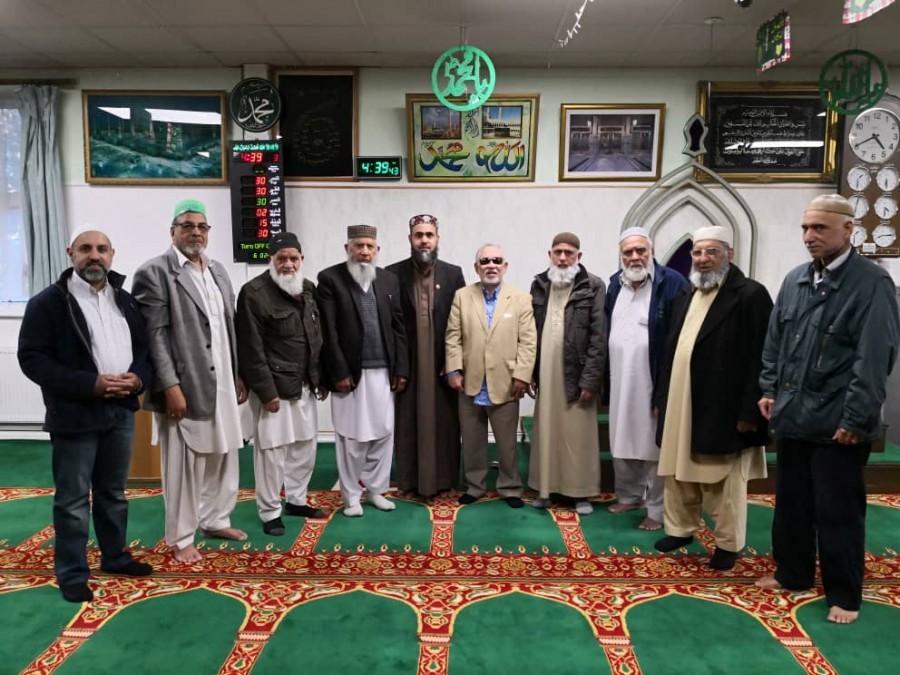PUTRAJAYA, October 22, 2018 – Like it or not, the United Nations (UN) SDGs is pushing us all closer together. We may be loyal citizens of a country, students and academes of a reknowned university, members of a specific community, adherents to a particular religion, but at the same time we are increasingly joint participants as consumers of products and information – of a single, interwoven, interdependent economy. Yet, while the fundamental structures of this global commerce grow even deeper roots, the sense of a larger human community remains fragile and tentative. This means that the impulse to exploit, profit and selfishly advance is developing much faster than the cohesion and mutuality of the community necessary to temper these excesses and greed of individuality.
With the economy affecting the entire globe, the stakes are as high as they can be. The option, therefore, of not attending to the sejahtera formation of a global community is untenable. A global values for the global economy may be difficult to fathom in the context of a world torn and troubled, but it is an inevitability for every nation’s now commonly shared future. The free-market systems in the worldwide economy, each with its ideology characteristics reflecting diverse social needs and cultural histories. The market economy is free in part because it is flexible. It can be adapted, and it evolves.However, the most basic argument, ‘it must be managed as an instrument of humanity, and never the other way round.’
This constructive and valuable feedback received as post evaluation of Sejahtera Seminar at Xavier University Bhubaneswar (XUB) October 13 on the topics ‘Peace, Sustainability and Compassion: Can We Go Beyond SDGs’. It has led to a consensus of developing and delivering a Course on Sejahtera by Xavier Centre for Humanities & Compassion Studies (XCHCS) and Sejahtera Leadership Intiatiative (SLI) in partnership with Xavier School of Sustainablity (XSOS). A module development is envisaged to complete within the next 3 to 6 months.
One of the modules for this unique course is entitled ‘Sejahtera from the Qalb-leadership perspectives’ which Assoc Professor Dr. Mahazan Abdul Mutalib, USIM Director of Research Management & Innovation Centre has agreed to develop it in a more holistic approach to reflect on an Islamic point of view. Does the Islamic orientation help students understand deeply the relationship between peace, sustainability and compassion? In what ways does Islam understand sustainability different from the way the UN has conceived SDGs? Where do we align and where do we take a separate but a more balanced holistic path?
Dr. Mahazan appreciated such evaluation and responded positively by saying, “I sure will reexamine the Islamic leadership materials and link it with SDGs. The course contents are ready but need sertain refinement. Citing examples and case studies are very challenging, however, I can focus on this XUB assignment by end of this month once I’ve completed my work on writing of Barakah Campus and Indigenous Community Leadership in Malaysia.”
Succeding the successful Bhubaneswar seminar, SLI Founding Convener, Professor Tan Sri Dzulkifli Abdul Razak flew down under to Melbourne for another tight scheduled speaking engagement with leaders of more than 20 Islamic Colleges in Australia. The encouraging outcome was a collaboration working on Sejahtera training programs planned in 2019.
Concurrently, Chairperson of SLI Advisory Panel, Former High Court Judge Dato’ Syed Ahmad Idid whilst visiting United Kingdom had performed Solat Jumaat at Masjid Regents Park in London and held discussion with the Imam. Dato’ Syed also performed prayers at Masjid Shah Jahan in Woking (built in 1889) and met Imam Hafiz Sayeed Hashmi with the officials. To balance it, Dato’ and Datin Noraini watched in National Theatre excellent play ‘Trilogy of Lehman’ … true story of beginning of the Lehman Brothers and their downfall.

